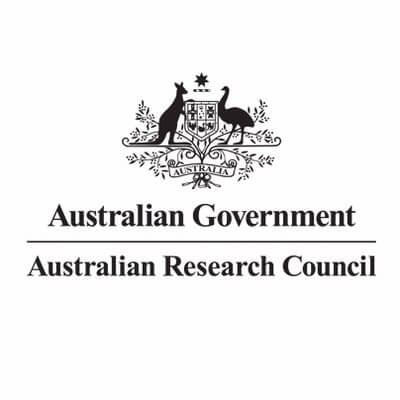Under freedom of information rules, the University of Melbourne recently released an internal report on foreign interference in academic work. The release followed a request from The Saturday Paper.
Concerns over academic freedom at Australian universities have mainly focused on China’s ability to obtain military technology as well as more marginal concerns over cancel culture. However, the report also points to the role of interference in social research when certain actors object to being portrayed in certain ways.
Melbourne University’s Australia India Institute faced the resignation of 13 academics last year. The Saturday Paper report alleges the resignation was triggered by the institute’s CEO Lisa Singh.
The former Labor senator is said to have opposed the institute’s academics writing about Gandhi, in particular movements to remove his statues in Africa as part of a reckoning over Indian colonialism. The importance of India as a geopolitical ally is said to have influenced the push to avoid such “sensitive” subjects.
However, the Melbourne document also says that China and India “are by no means the only foreign actors with capacity and willingness to harm universities, academics and students for failing to toe the line.”

While our 1984-based model of censorship makes the influence of states like China and India easy to conceptualise, they are really the tip of the iceberg in terms of soft censorship of social research. With academic funding in arts and social sciences now largely out of the hands of faculty and in the hands of government agencies and billionaire-legacy foundations, academics are constantly framing their work to appeal to external interests and buzzwords.
This is the result of neoliberal reforms that were designed to make universities more susceptible to capital (and succeeded). All that is new now is that China and India are using their growing relative wealth to participate in this structure to shape the discourse in their favour.
There is no way to free academics from the influence of China and India without making faculties more financially autonomous, and therefore freer from the influence of the powerful here as well. That’s the bind from a nationalist perspective, and that’s why this issue won’t go away.
Follow Christian on Twitter for more news updates.
Sign Up To Our Free Newsletter